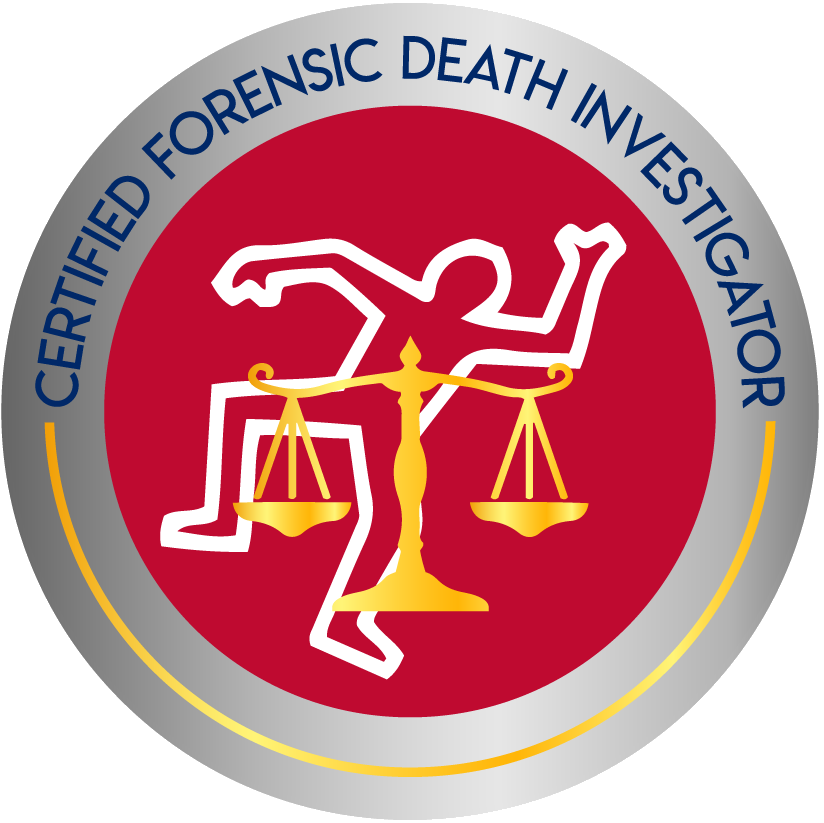
The loss of a loved one, the grief and trauma, is only for the grieving to know and understand. We are passionate about helping families. Most often this is by looking into their loved one’s death and providing answers. At other times it is about another inflicted pain – the denial of insurance benefits, most often life insurance or medical coverage, but may also be related to accident double indemnity, dismemberment, or other catastrophic injury. This area of expertise is Interpleader Insurance Investigations, and requires specialized experience and knowledge of the Cause and Manner of Death and Serious Bodily Injury.
Insurance claims may be denied, disputed, or otherwise delayed and the reasons are most often specific to the terms of the policy, limits, or exclusions. An ‘Interpleader’ case is the legal concept of a disputed claim and may be between the insurance company and beneficiary, or multiple beneficiaries having a claim. The claimant should immediately retain an attorney for their claim, who will then utilize the services of an Interpleader Insurance Investigator, such as our agency.
Denied claims involve the terms of the policy, and may be for intent or negligence by the insured, an act in violation of law (i.e. a crime – insurance does not cover for acts during the commission of a crime), determining the claimant is not a legal beneficiary, and other particulars.
Disputed claims are most often because there are multiple parties, or there is an assertion the wrong party(ies) were paid benefits.
Multiple Beneficiaries
These claims are most often not disputed by the insurance company, it is identifying the party(ies) entitled to the benefits. When this happens the insurance company may first have an adjuster investigate the claim, and if a dispute remains, may seek court remedy. Funds are placed in trust and/or with a court of jurisdiction, who then decides the party(ies) legally entitled to the claim – the beneficiaries.
The reasons for multiple claims and beneficiaries may involve hereditary – such as no will or other legal directive, multiple children, children of adoption or marriage, and children not formally adopted (i.e. long-term foster care). A will may also be contested for any of these reasons. The time of death, as well as circumstances of death, may be at issue.
Accidental Death or Serious Bodily Injury (SBI) vs. Non-Accidental
These claims are usually denied, disputed, or delayed by determination a policy exclusion. Common examples are exclusion to pay benefits in suicide, exclusion due to actions of the insured, or a double indemnity clause. These are often Accident vs. Non-Accident considerations.
One well known exclusion is if the decedent commits suicide, or the injury is a result of a suicide attempt, and the claim is for life insurance, accidental death and dismemberment, worker’s compensation, and other similar claims. A policy may have exclusions for a limited time – perhaps two years – or the duration of the policy. If the insured commits suicide, or is seriously injured or dismembered due to an act of a suicide attempt, the claim may be denied, delayed, or disputed.
Determining the actions of the insured – and if they were deliberate, premeditated, any consequence of negligent actions – or none of these – will determine if benefits are paid. This will begin with the insurance adjuster, and if contested by the claimant, may be appealed within the insurance company or private intermediary, and then to a court of jurisdiction. This process is defined by the policy and statute.
The actions by the insured may involve a motor vehicle collision and perhaps being non-compliant with medications for existing health issues, non-compliant with mental health issues, negligence in a hunting incident, failure to comply with work-place safety policies, etc. It is the investigation of the actions of the insured which will determine if their actions were negligent, intentional, or the claim is covered.
Double indemnity is coverage which doubles the benefit under certain conditions. The claim may not be denied, however, the additional benefit may. A common clause is Accident – if the event causing the death or serious bodily injury was determined to be no fault of the insured, and was an accident. This may be a hunting incident, workplace, or other event in which no intentional or negligent act of the insured was the cause of the death or injury. The person(s) making these claims has the burden of proof, and will need to have clear evidence of the incident circumstances.
Denied and disputed claims have their specific legal processes and recourses. For Interpleader Insurance Investigations in all cases it is necessary to determine the circumstances of the incident, address any issues of intent or negligence vs. accident, and the entitled beneficiaries. The specifics of the case, and available remedy to the interpleader attorney, will direct the process. The process begins, like all equivocal or questioned death or SBI events the same – by reviewing the official records, reports, and photographs from the law enforcement and medical examiner agencies. The Interpleader Insurance Investigators’ findings will then assist with the claims appeal, addressing any reasons for denial or dispute, or perhaps delay, and if any additional independent investigation is needed.
The experience of the Interpleader Insurance Investigators is vitally important – as the financial future of an injured claimant, or death benefits claimant, are substantial. Our agency has extensive experience in equivocal deaths, including insurance claims – one such case taking 10 years for all claims to be heard and decided (in favor of the widow), and another immediately after reviewing our findings and also in favor of the widow.
Please see these two Case Studies:
www.DeathCaseReview.com/survivor-benefits-win
www.DeathCaseReview.com/life-insurance-win
How can our agency and experienced Medicolegal Death Investigation Experts help you and your clients?
Please visit www.InterpleaderInsuranceInvestigations.com for more information.
You can also learn how to conduct Equivocal Death & Serious Bodily Injury Investigations!
Please visit www.InvestigativeCourses.com


